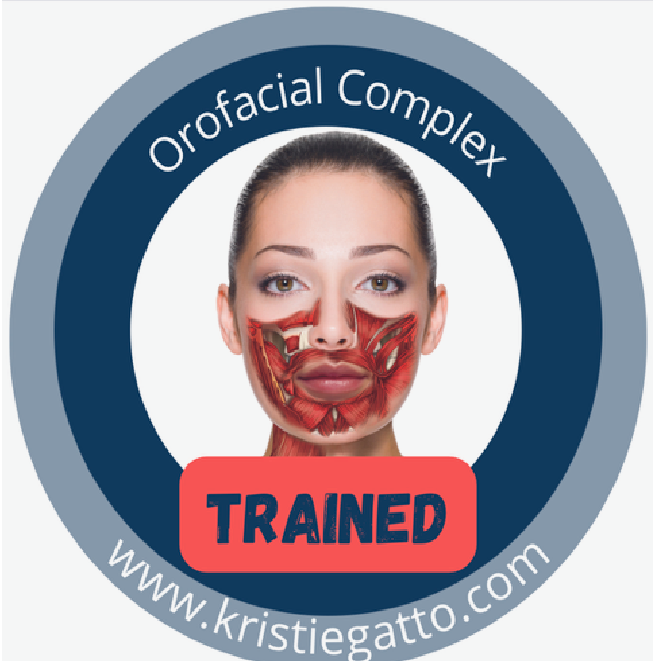Speak Freely Live Fully
Trust Us for Individualized Myofunctional, Speech and Language Therapy Services to Help Everyone Communicate Effectively


Supporting Communication at Every Stage
We, at Cave Creek Speech & Myo Therapy, understand that every individual has unique communication needs. Our specialized speech and language therapy services are designed to support children and adults in achieving their fullest potential.
Whether your child needs help with articulation or you’re an adult seeking myofunctional therapy, we provide expert care tailored to your goals. Our approach is evidence-based, compassionate, and results-driven. Read our curated FAQs to find answers to your questions.
Our Dedication to Excellence in Therapy
Insights & Resources
We are here to support parents and adults on their journey to clearer communication and improved oral function.






Answers to Your Questions
“Tongue thrust” refers to an abnormal swallowing pattern where the tongue pushes forward against the teeth or between the teeth during swallowing, speaking, or at rest. This can lead to dental issues like misalignment, speech problems, and difficulty in chewing or swallowing.
Myofunctional Therapy is a type of treatment that focuses on correcting the muscle patterns involved in activities like swallowing, breathing, and speaking. The therapy involves exercises to retrain the tongue, lips, and facial muscles, aiming to restore proper tongue positioning, improve oral habits, and enhance overall function. It's often used to treat tongue thrust and other issues related to improper muscle function in the mouth.
It’s common for toddlers around the age of three to have speech that’s difficult for others to understand, especially if they’re still developing their vocabulary and speech clarity. By age three, most children can say 500-1,000 words and start combining two or three words into short sentences. They may still have some unclear speech, but they should be able to make themselves understood by familiar adults. It’s always a good idea to trust your instincts as a parent. If you’re worried, reaching out for a professional opinion can provide peace of mind or early support if needed.
